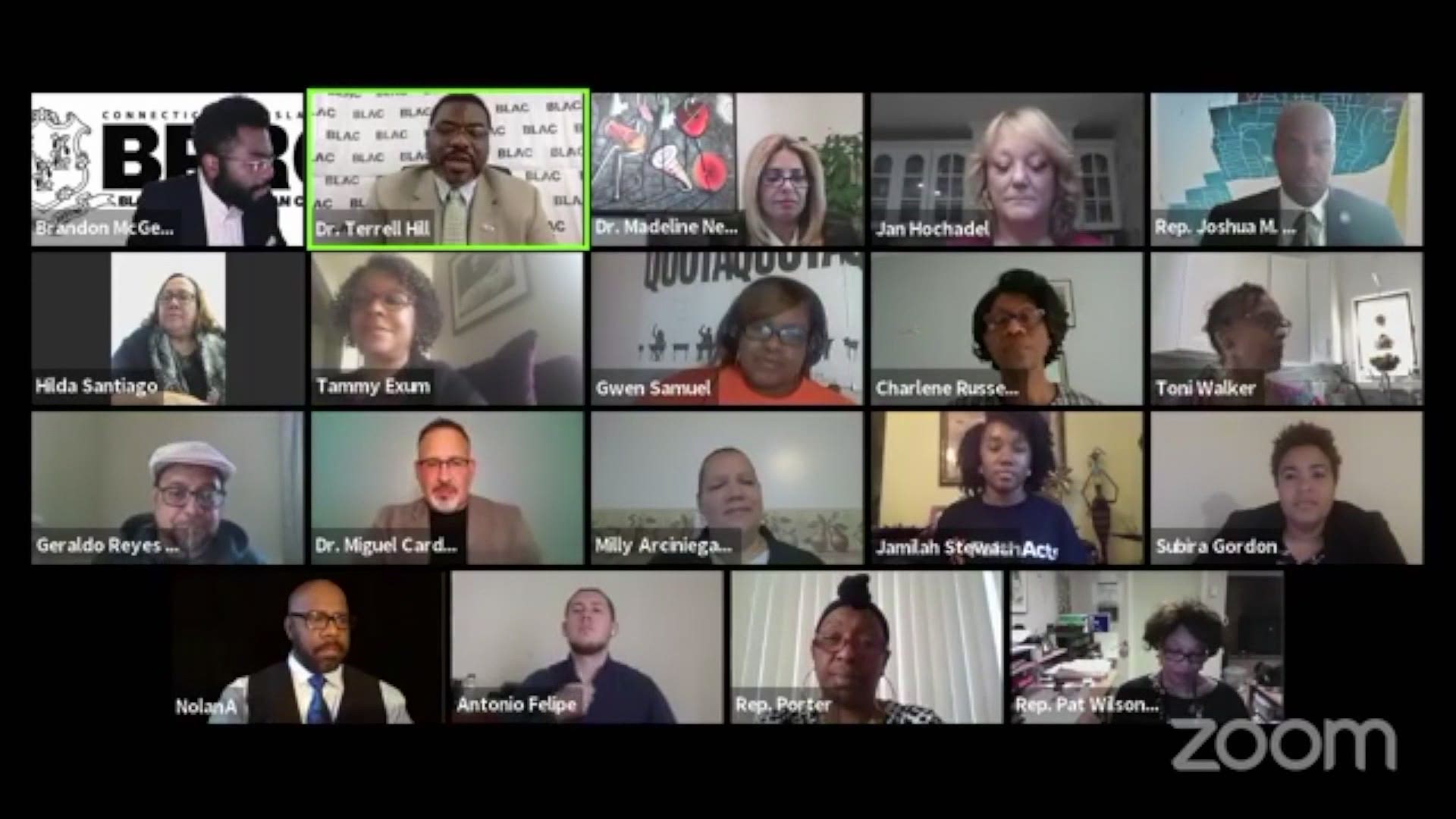HARTFORD, Conn —
As the state moves forward with slowly reopening, Governor Ned Lamont is talking about what Connecticut will be doing to protect its most vulnerable populations.
Front-line health care workers, racial and ethnic minorities, those living in densely populated areas and high-risk individuals due to age or pre-existing conditions, are the groups of people Governor Lamont and his team will be providing the most support for moving forward.
“That's assisted living, that's prisons, that's nursing homes, these are the groups that are really important that we keep them protecting which is part of our testing protocol,” Lamont said. “Racial and ethnic minorities particularly vulnerable because they have preexisting conditions but also densely populated communities, those that live in areas where it's not easy to social distance.”
The Department of Aging and Disability Services will be leading a large number of initiatives offering food, housing, and medical support to people from these communities who test positive for COVID-19.
“If you're in a crowded situation we provide you housing support in one of the hotels, we provide food support, we’ve really ramped that up,” Lamont said. “Mass tasting in those vulnerable populations, those in terms of symptomatic and also those who are asymptotic...we’re going to be rolling out additional facilities with CVS, making testing more easily available.”
Lamont said at-risk individuals will be in the front of the line when it comes to the increase in testing around the state-which includes a goal of 100,000 tests per week by July.
Amid Lamont's promises to aid those most vulnerable, the Connecticut Black and Puerto-Rican caucus held a town hall on Thursday focused on education, but concerns for the minority community also front and center.
“This pandemic has exacerbated the issues that have already been there, we know they've been in plain sight but many times it falls on deaf ears,” member Dr. Terrell Hill said.
Also on the call, Education Commissioner Miguel Cardona- who said the best way for state officials --like himself --to help is by focusing on food, housing and quality public education.
“Health disparities, access to primary care physicians, access to good healthcare, that's critically important to our black and brown communities, look at the data, we have high possibly getting it because we're out there working in service food, a unified message with clear deliverable is best to support our community,” Cardona said.

